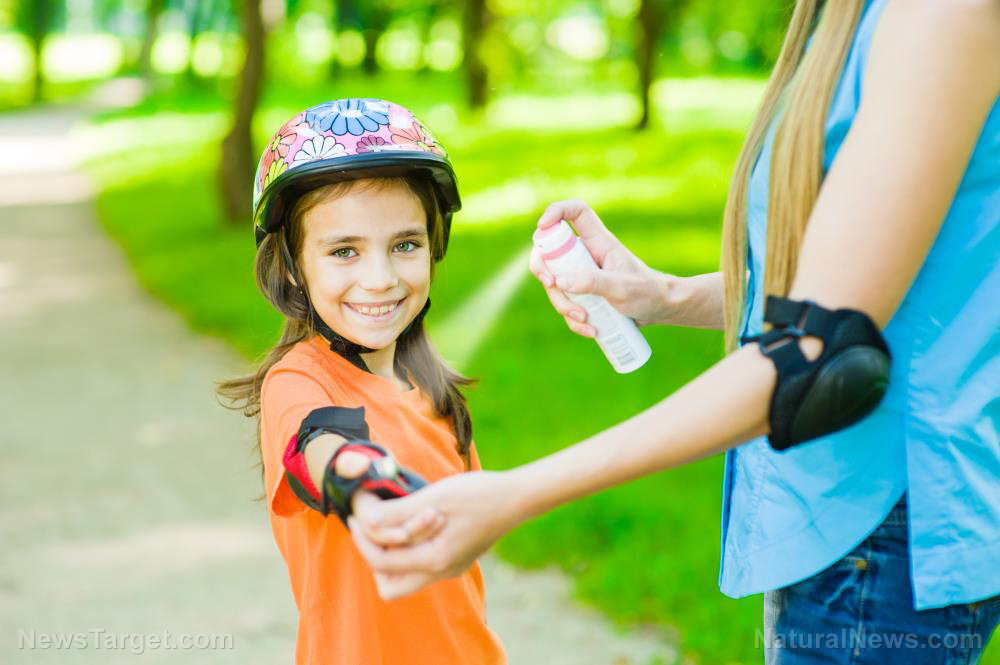
Staying safe during natural disasters
Kids should follow two simple rules for surviving during a natural disaster: Unless you hear an evacuation order, remain in a safe area, and keep up-to-date with the news.
These two simple rules can save their lives. Their job is to make sure to follow the advice of people who know more about dealing with natural disasters. This means listening to you, to their teachers, to law enforcement and to other local authorities.
If they're indoors, make sure they stay indoors. Whether that's home or their school, they can be much safer staying there unless the authorities order a general evacuation. Make sure, however, that they only get their news from verifiable channels.
Above all else, make sure that your kids remain calm. Anxiety is contagious, and panicking won't do anything to help them.
“Kids do best if their parents are calm and measured," said Gene Beresin, a psychiatry professor at Harvard Medical School. “Anxiety is contagious, and when parents are fearful or bent out of shape, kids of all ages are going to pick up on that.”
How to deal with the aftermath of natural disasters
Life-changing moments in the lives of kids involve big, emotional events such as natural disasters. Going through an earthquake or a storm will have a drastic effect on kids growing up unless they learn how to properly process their emotions. Make sure to tell them it's okay to feel scared and worried. Here are some questions you can ask to help them process what just happened:
- Do you feel angry, scared, anxious or nervous?
- Are you waking up in the middle of the night because you're afraid of something?
- Do you have nightmares? Can you describe them?
- Do you get images in your head about the events you just went through?
- Do you experience headaches or panic attacks?
Most importantly, show the kid that they can trust you and that you are there to help them express and process their feelings.
Keep them involved in the prepping process
One great way to assuage fears about natural disasters is to give yourself and your children a sense of control. You can do this by involving them in your preparations for the next expected or unexpected disaster. “It's very important that you are making the plan more concrete for them: 'This is what it means. This is what we're doing,'” said Steven Berkowitz, co-chair of disaster and trauma issues at the American Academy of Child and Adolescent Psychiatry.
Create an outline of the family's preparedness plans, make sure your kids can understand everything on there and nothing there will make them feel alienated. Include them in the discussions about what to do, and at the very least take their ideas into consideration.
When you're out shopping for survival foods and preparedness gear, bring your kids along. They need to feel like they're in control of their own fate, so make sure to give them roles in the buying, such as getting the snacks or choosing which bug out bags the family should use. (Related: 25 Survival supplies you'll need to stock up on before SHTF.)
Take note of their developmental level. Berkowitz recommends that school-aged kids only participate in activities that they will be able to understand, whether it's your teenage kids helping you map out the evacuation route or your preschooler helping you put together your bug out bag.
Most importantly, you have to be honest with your children about what's happening. Remain age-appropriate if necessary, but do not lie to them.
“Be open to responding to questions you may not know the answer to,” said Berkowitz. “It's okay to say you don't know. If you can find the answer, say, 'I'm gonna try to find out,' and if not, be able to say, 'Hmm, let's see, I really don't know, but here's the plan.'”
Sources include:
Please contact us for more information.























